

MONGOLIA
Traditional. Vast. Intriguing.
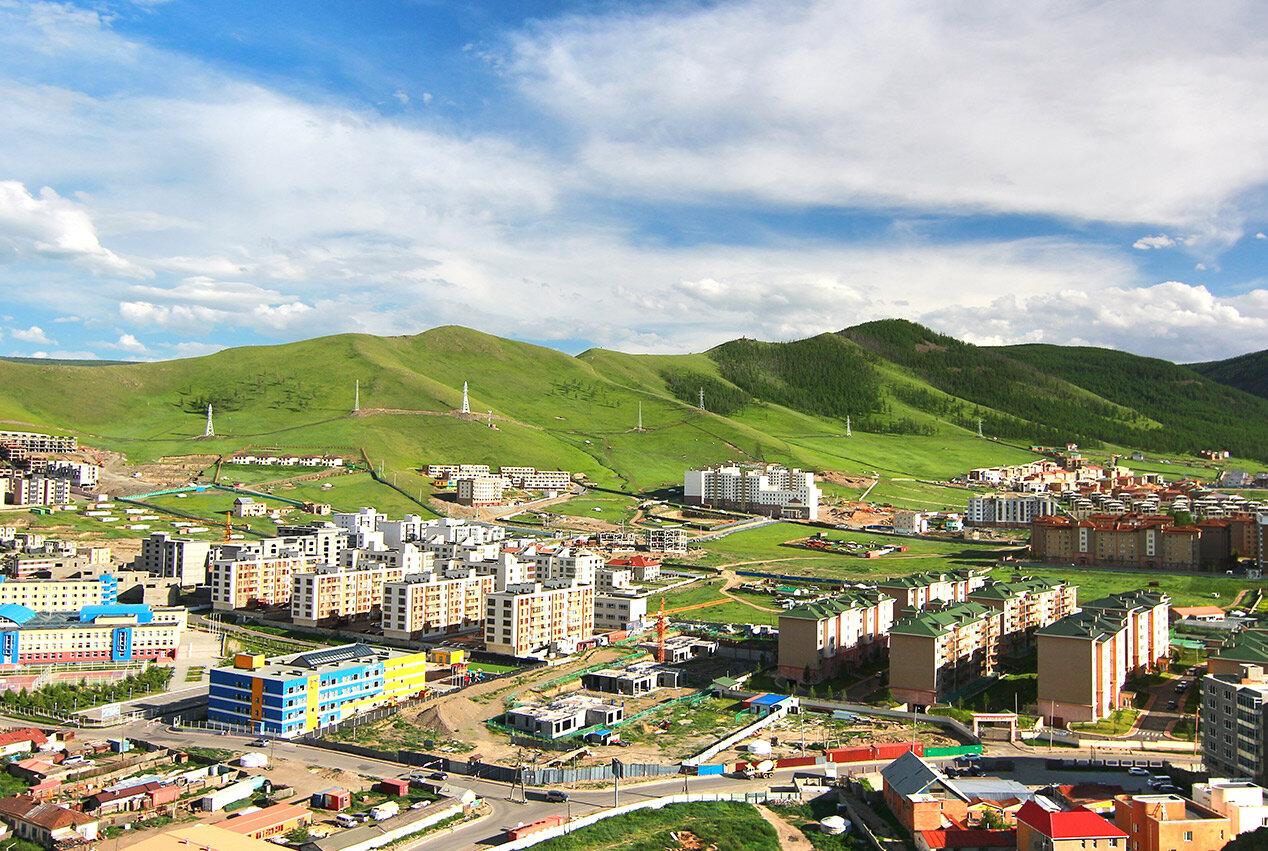
ULAANBAATAR
Cosmopolitan and sophisticated, Ulaanbaatar’s charms belie its outpost aura. Offering everything from world-class museums and well-maintained historical sights to a thriving contemporary art scene and a wide variety of innovative restaurants, Ulaanbaatar’s many charms feel like a well-kept secret.
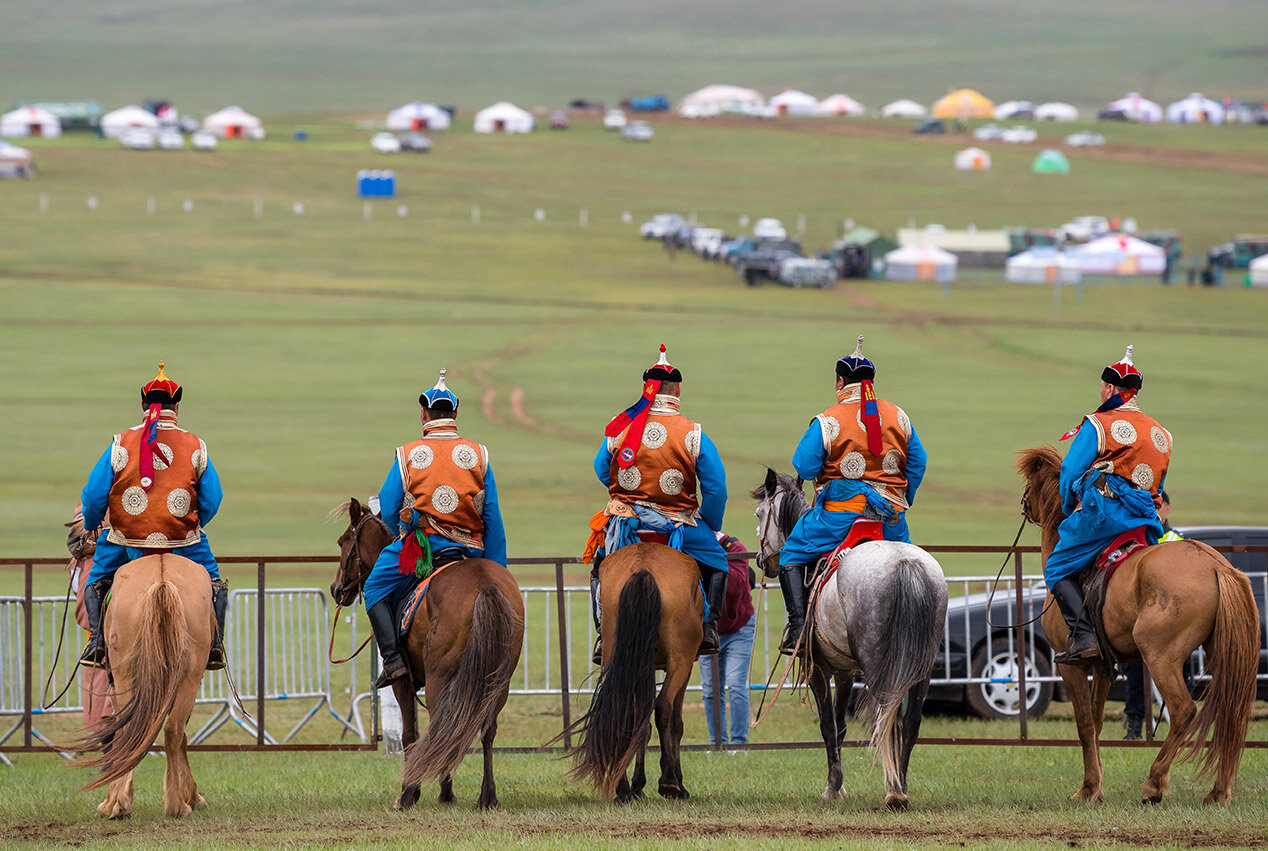
NAADAM FESTIVAL
Each summer, Mongolians converge on local festival sites to celebrate the Naddam—a vivacious festival honoring Mongolian independence and traditional culture. Colorful parades and musical displays herald the occasion, followed by spirited, traditional competitions of archery, wrestling, falconry and horse racing.
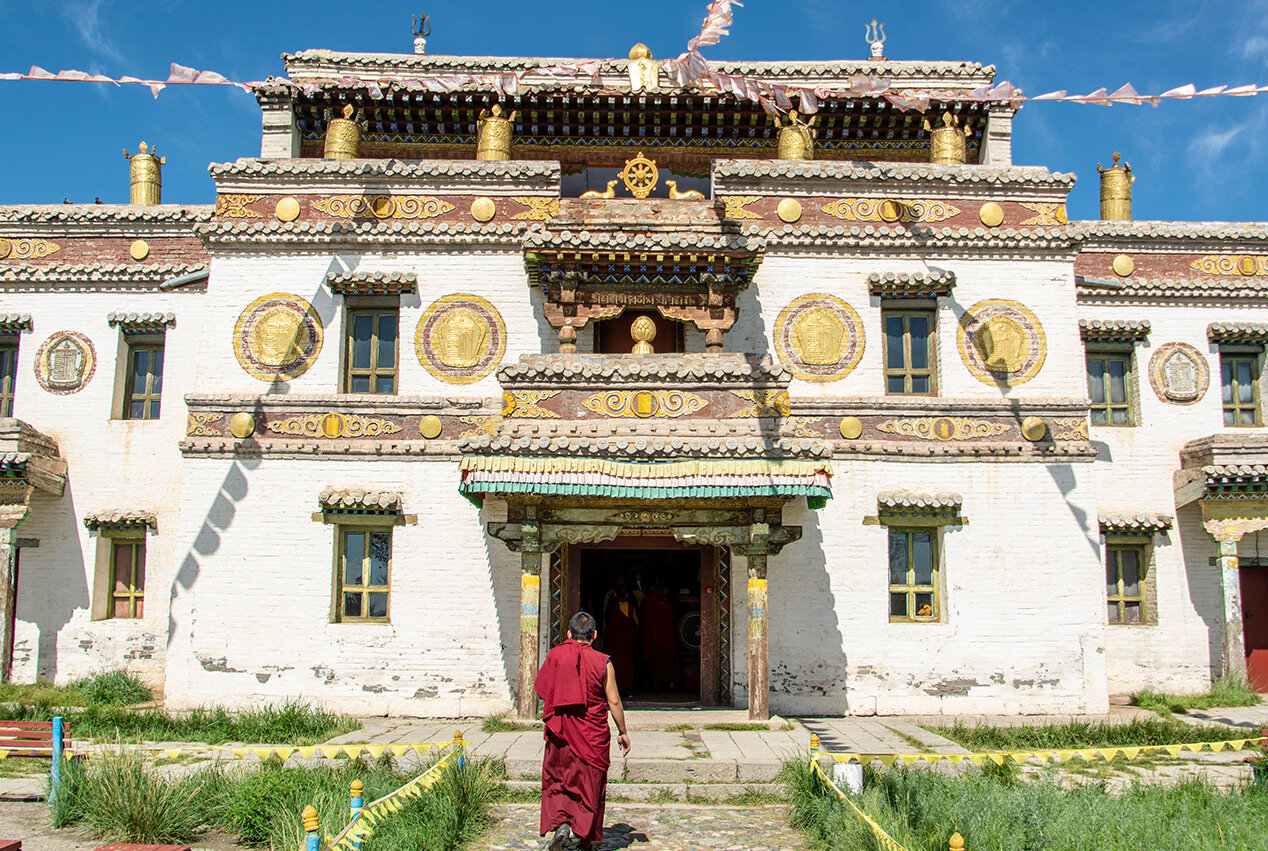
KARAKORUM
Founded in 1220 by Genghis Khan, the ancient city of Karakorum was once the capital of the world’s largest empire and fittingly displayed its fabulous wealth with sumptuous art and architecture. Now in ruins, it takes some imagination to picture this cosmopolitan center in its heyday—but the aura of historical significance is palpable.
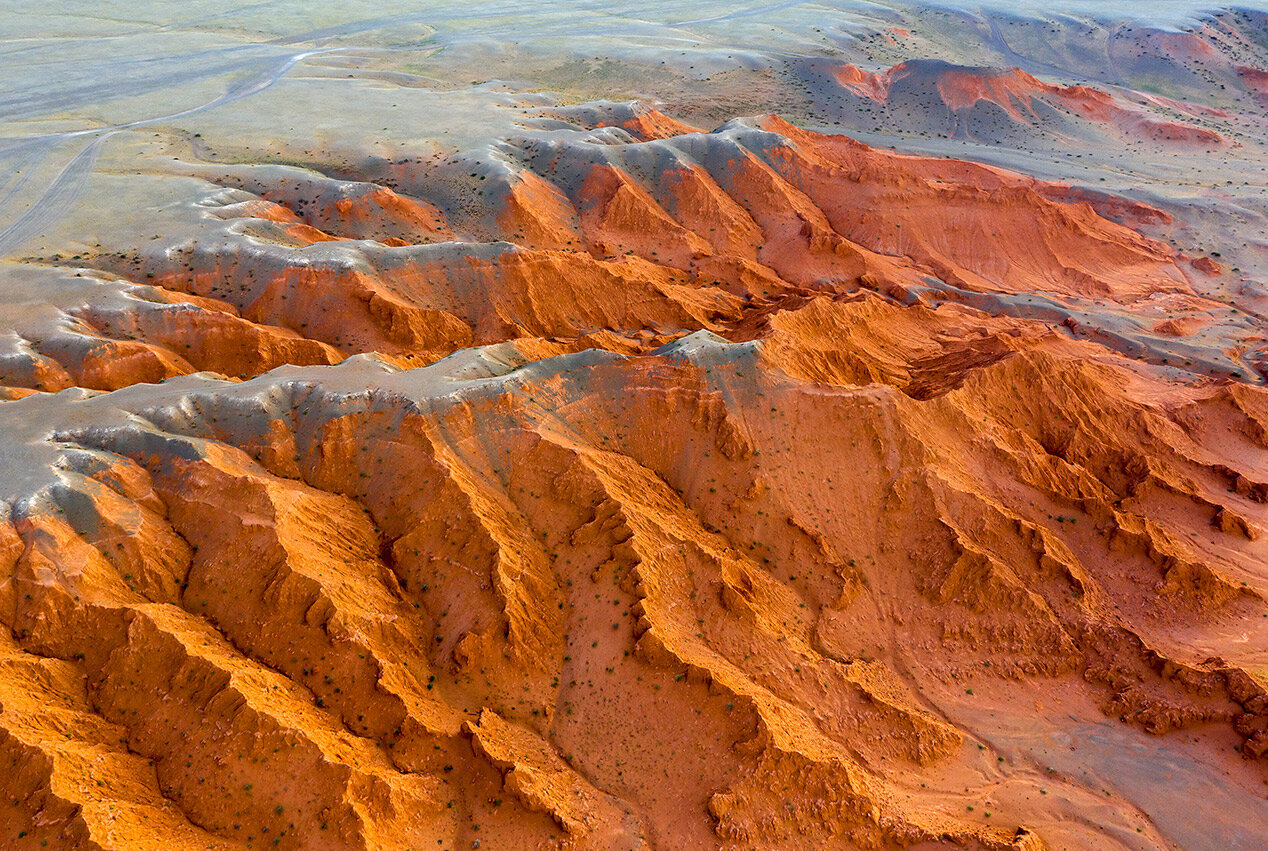
GURVANSAIKHAN NATIONAL PARK
Tucked into the stunning Flaming Cliffs— so called for their red glow at sunset—is a stunning assemblage of Late Cretaceous fossils. Known as a mecca for paleontologists, this remarkable site is a must for dinosaur enthusiasts and curious natural history buffs.
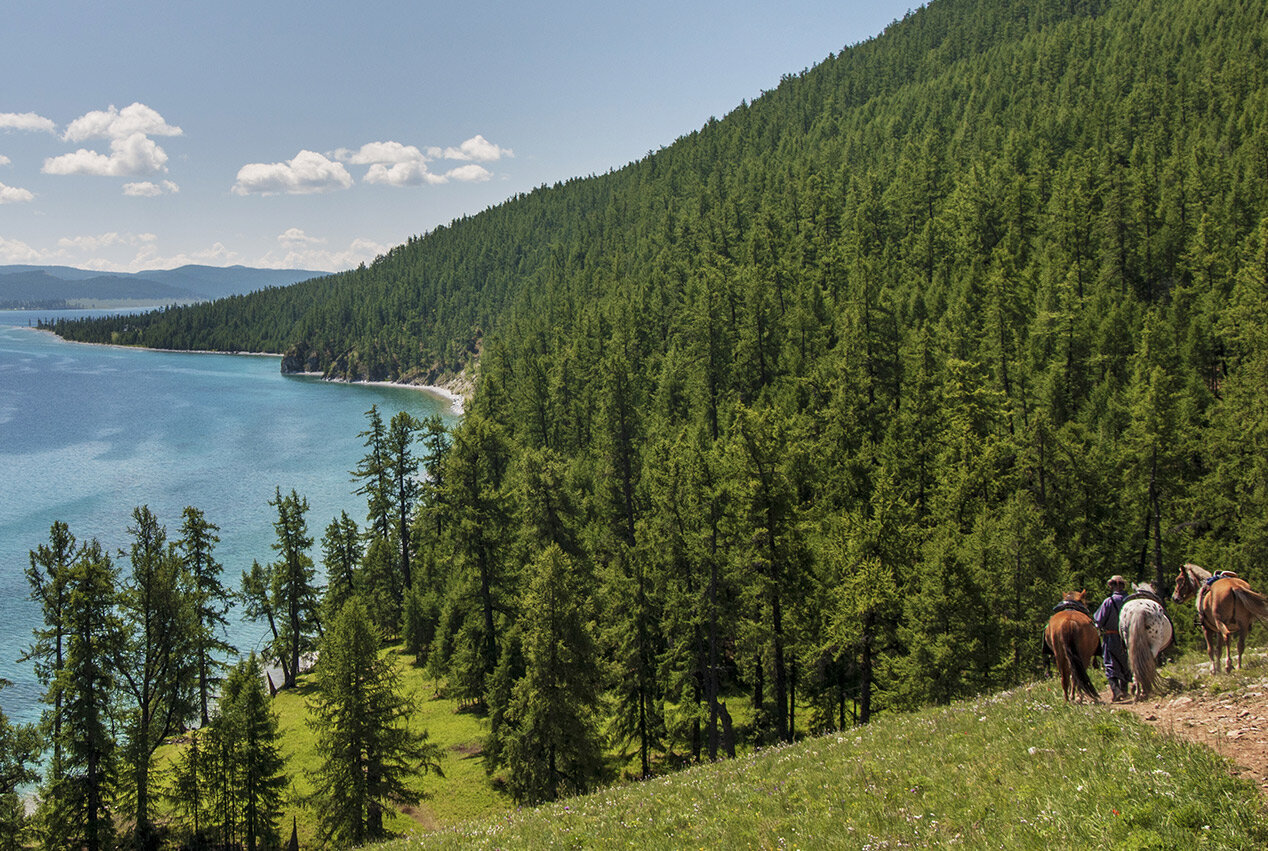
LAKE KHOVSGOL
In contrast to most of Mongolia’s sparse landscape, the wooded banks of Lake Khovsgol are lush and dense with Siberian larch. Home to the Tsaatan people, renowned reindeer herders and shamans, the Khovsgol area offers fascinating cultural experiences as well as outdoor pursuits—hiking, fishing and kayaking.
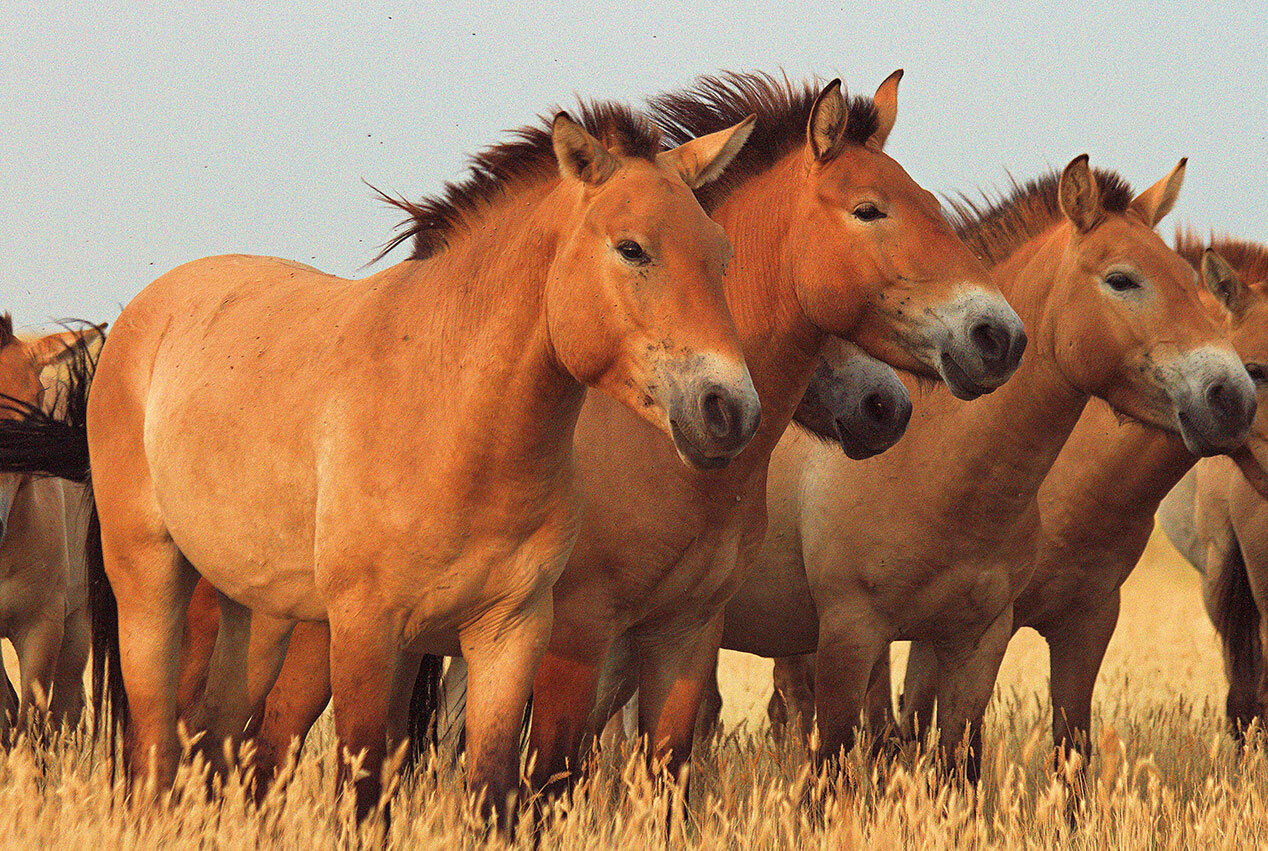
HUSTAI NATIONAL PARK & GOBI DESERT
Hustai is well known for being one of the last refuges of the rare takhi (Przewalskii horse), a unique equine species that has never been domesticated. Alongside herds of elk, gazelles and wolves make their homes. The otherworldly Gobi possesses its own unique eco-system, home to the two-humped, furry Bactrian camel and a surprisingly large variety of birdlife.
sign up for our
Newsletter
Stay current with all the latest being offered from ATJ, as
well as updates on Asia Destinations.























